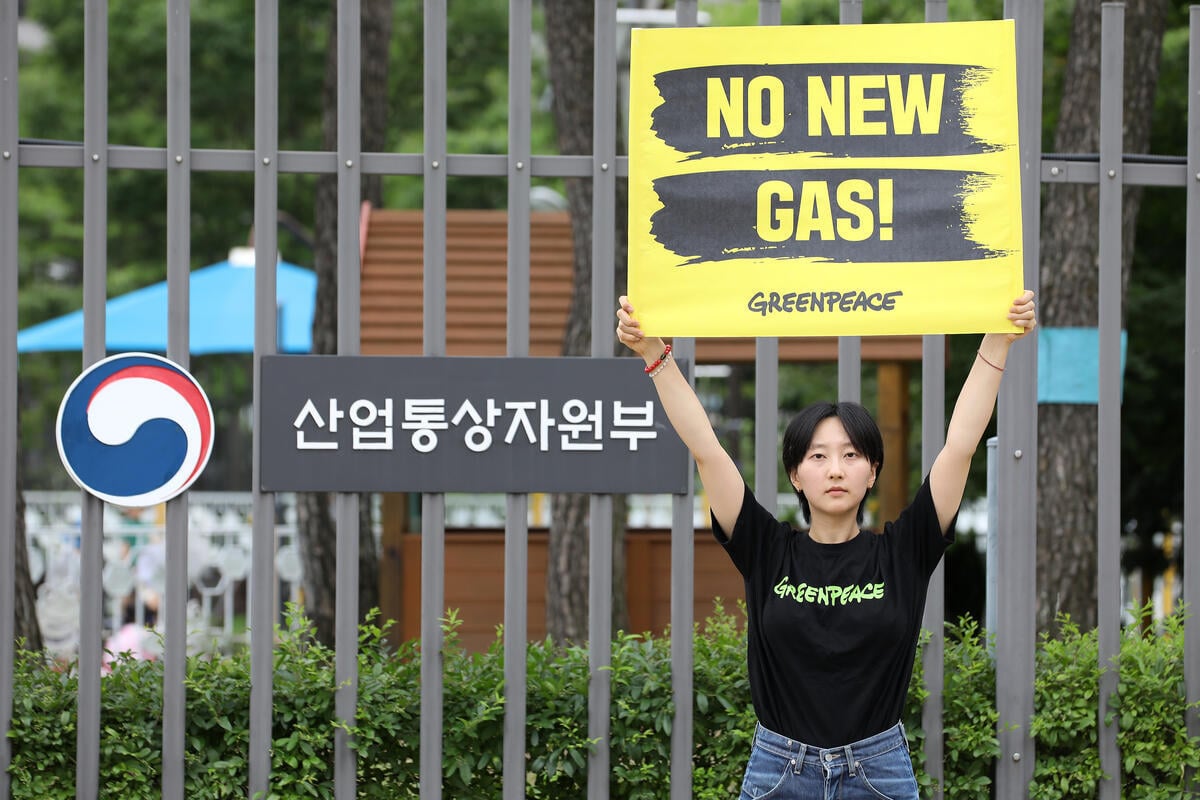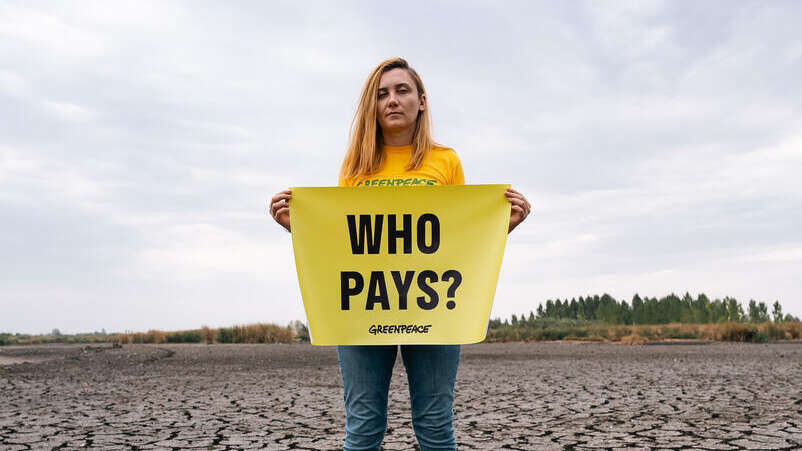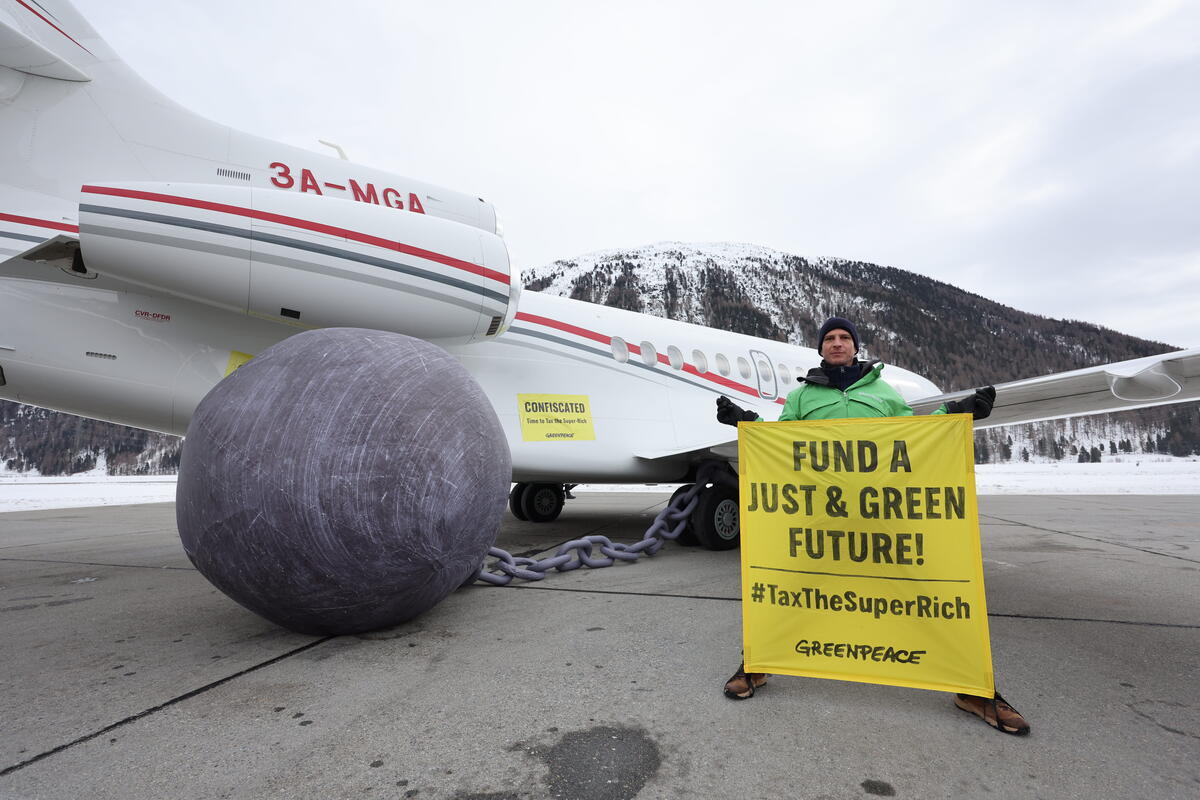‘Climate tickets’ are gaining momentum in Europe. In a bid to cushion people from rising fuel prices, save energy, and meet climate goals, some European countries and cities have started to make public transport more affordable. These schemes have been exceptionally popular, helping households and cutting greenhouse gas emissions. So why aren’t all European governments turning to ‘climate tickets’ yet?
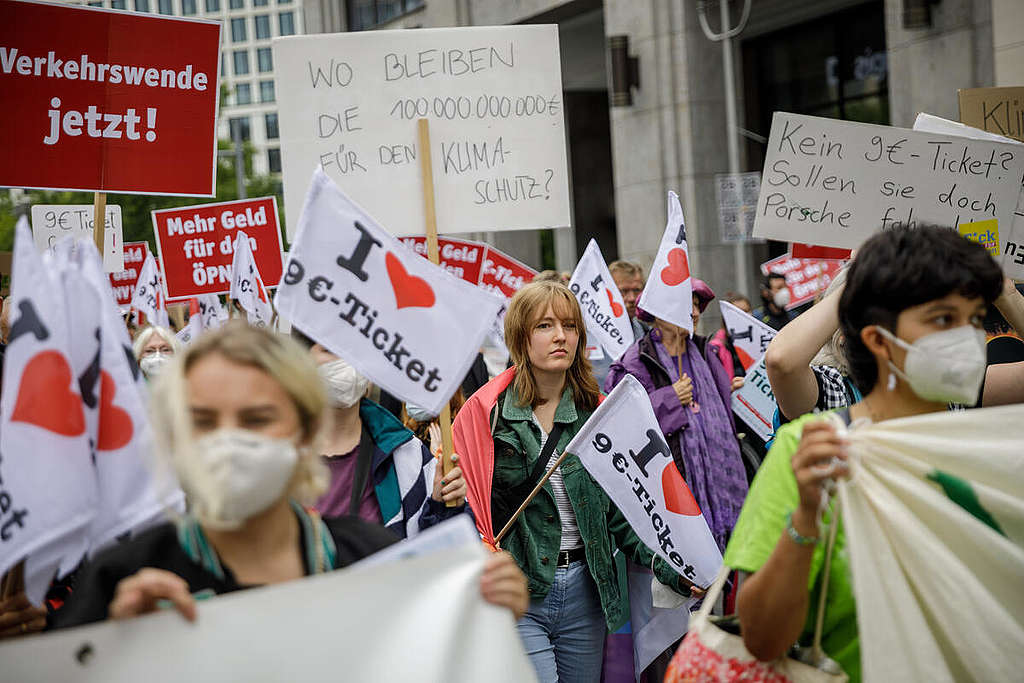
Mobility is part of our everyday lives. We need it to meet our basic needs, participate in society and live decently. But with rising energy and fuel costs, transport is becoming increasingly unaffordable or inaccessible to people, many of whom have already experienced exclusion from the mobility system for years.
As European households’ second-largest expense, after housing, transport has a big impact on their overall financial situation. Low-income households, students, elderly people, people with disabilities, and women and children living in suburbs or rural areas are especially vulnerable, and are often unable to afford or lack access to transport options, or even suffer from “transport poverty”.
‘Climate tickets’ save energy, money, greenhouse gas emissions, time – and people love them
In a new report, Greenpeace analysed the ticketing systems of 30 European countries and capitals according to their simplicity and affordability.
The research shows that buying public transport tickets in most places in Europe is still expensive and complicated, especially when it comes to social discounts. The discount system is completely different from a place to another, with different age limits for who is considered youth and elderly, difference discounts available for women and men, differences between pensioners and elderly people, tickets for residents and non-residents, different income levels to qualify for low-income discounts, discounts for refugees from some specific countries but not others, and tickets valid only on certain days or hours. To say nothing about special discounts for blood donors, teachers or participants of revolutions.
Although the prize for least consistency surely goes to tickets for disabled people. Travelling through Europe is often a nightmare already, when it comes to the accessibility of public transport stations. But buying tickets can also become a nightmare. Discounts only for blind people, only for blind and deaf people, only for wheelchair users, various systems with differing disability grades, discounts only for the needed companions, free rides, but only in buses, or discounts only for residents – if you want to commute or travel in Europe as a disabled person you will face a multitude of different systems. The only consistent aspects are that the transport of wheelchairs and of assistance dogs is free everywhere.
The report also highlights that none of the countries and cities analysed have yet implemented what Greenpeace defines as the ideal climate ticket: simple, wide-ranging, cross-border, multi-modal, reliable, long-term, affordable and available for all, fair and inclusive.
Several EU countries such as Germany, Spain, Austria, and Hungary have recently introduced early forms of ‘climate tickets’. Several cities like Madrid, Brussels and Riga also made local public transport tickets cheaper – with amazing effects: these tickets have eased the financial burden on consumers amid high inflation and sharply rising energy costs. They led to a decrease in car usage, fewer traffic jams, and reduced greenhouse gas emissions.
Measures such as Spain’s free and discounted train travel have empowered socially disadvantaged groups like senior citizens, low-income families and refugees to meet their mobility needs. In Spain, people consider this measure the most valuable governmental measure during the energy crisis. Austria’s ‘climate ticket’ is a big success with commuters, and allows everyone to travel across the country for no more than 3 Euros per day, or one Euro within their region. These schemes count as some of the most popular policy interventions in recent years.
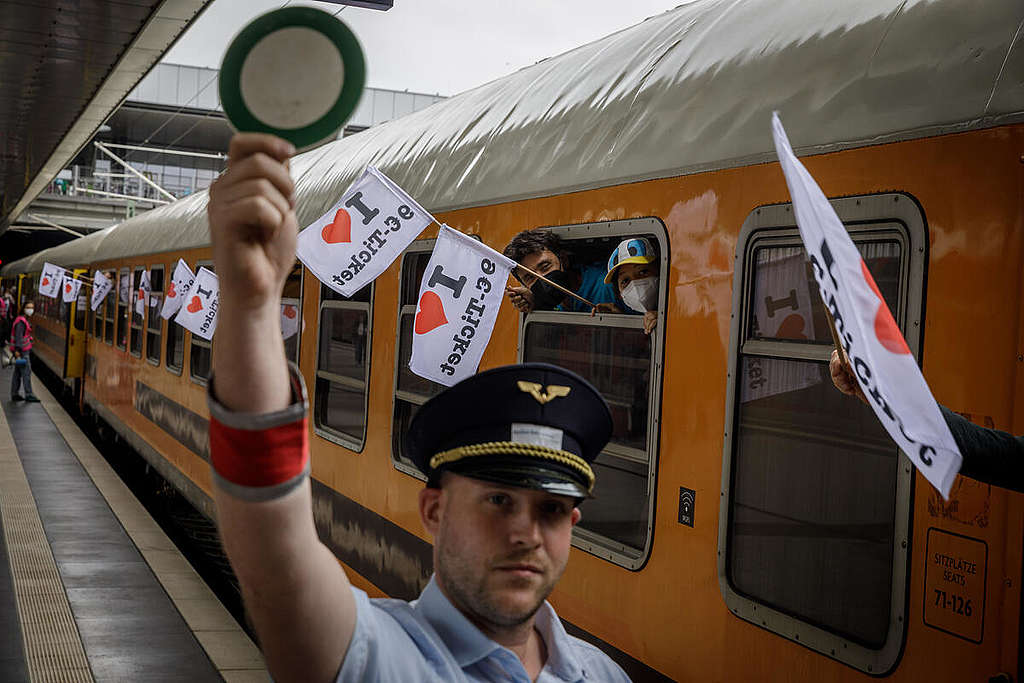
Let’s get ‘climate tickets’ on track
Despite the clear success of these schemes, only 8 of the 30 European states analysed offer ‘climate tickets’ or similar schemes yet. But the public and political debates to introduce more affordable tickets have started across Europe, including in countries such as France, the Netherlands and Sweden.
The only serious argument against cheaper public transport tickets is the potential lack of public funding. But let’s face it: by shifting the €112 billion in subsidies given to the polluting fossil fuel industry every year, or by bringing in a substantial windfall tax on the immoral excess profits, that fossil fuel companies are currently making at the expense of ordinary people, European governments could easily and immediately fund affordable climate tickets for all people living in Europe, integrate ticket booking systems, and invest in the expansion of green transport infrastructure across Europe to enable cross-border rail travel.
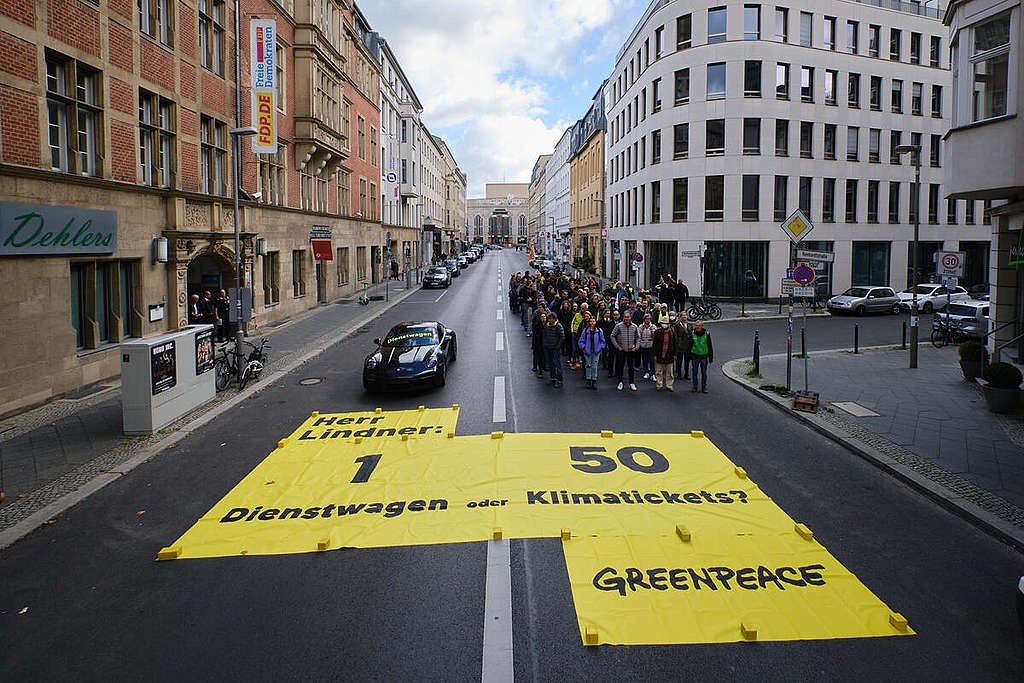
The time is right for political measures that tackle the climate, energy and economic crises and draw on our joint European values of equality, freedom of movement, peace and sustainability. What better way than ramping up rail and public transport infrastructure, and introducing ‘climate tickets’ everywhere in Europe that allow people to save costs, and meet friends or go to work in a sustainable way?
Governments have to ensure that ‘climate tickets’ are affordable, easy to purchase and use, by integrating different public transport providers, and ensuring fair access for everyone. The European Commission should take a key role in pushing for these climate tickets to be implemented across the EU, as part of a larger effort to reduce our use of oil in the context of the energy crisis.
Herwig Schuster is a transport campaigner for the Mobility For All campaign with Greenpeace’s Central and Eastern Europe office, based in Austria.

